"When we sent your invitations to this event, we did not yet know who would be elected the next President of the United States. Tonight, you were invited to a celebration of democracy – not a celebration of a particular candidate’s victory," David Pressman, the US ambassador to Budapest started his post-election speech.
Voters had a clear choice between competing candidates with extraordinarily different visions for America, and America’s role in the world. We have seen a vigorous public debate of both,
the ambassador added, stressing
how proud he is that as a senior national security official of the United States government, he doesn't do politics.
In his excitement, David Pressman must have forgotten that over the past years he has constantly tried to put pressure on Hungarian domestic political figures and himself acted as a kind of viceroy rather than an ambassador. The diplomat then went on to explain his non-engagement in politics, saying
I represent the United States of America, not a political party within it, and I don’t comment on partisan politics, ever. Because we believe that our foreign policy – our predictability as a partner and an ally – is best served by a nonpartisan approach to national security policymaking. We swear an oath not to a person, not to a government, but to a constitution. To something far greater than any individual, any leader, any party.
After which the US ambassador then immediately turned political and attacked Viktor Orban, who, in his opinion, saw the presidential election as a card game, staking Hungarian-American relations on the outcome. Pressman criticized the Hungarian prime minister for openly stating, for example, that Donald Trump's victory could bring peace to the world. The diplomat then brought out the old mantra and lashed out at Foreign Minister Peter Szijjarto for the Hungarian government not doing business the way Pressman and company would like.
In the end, the Ambassador Pressman asserted that Donald Trump's presidency will bring no change in the world that would affect Hungarians.
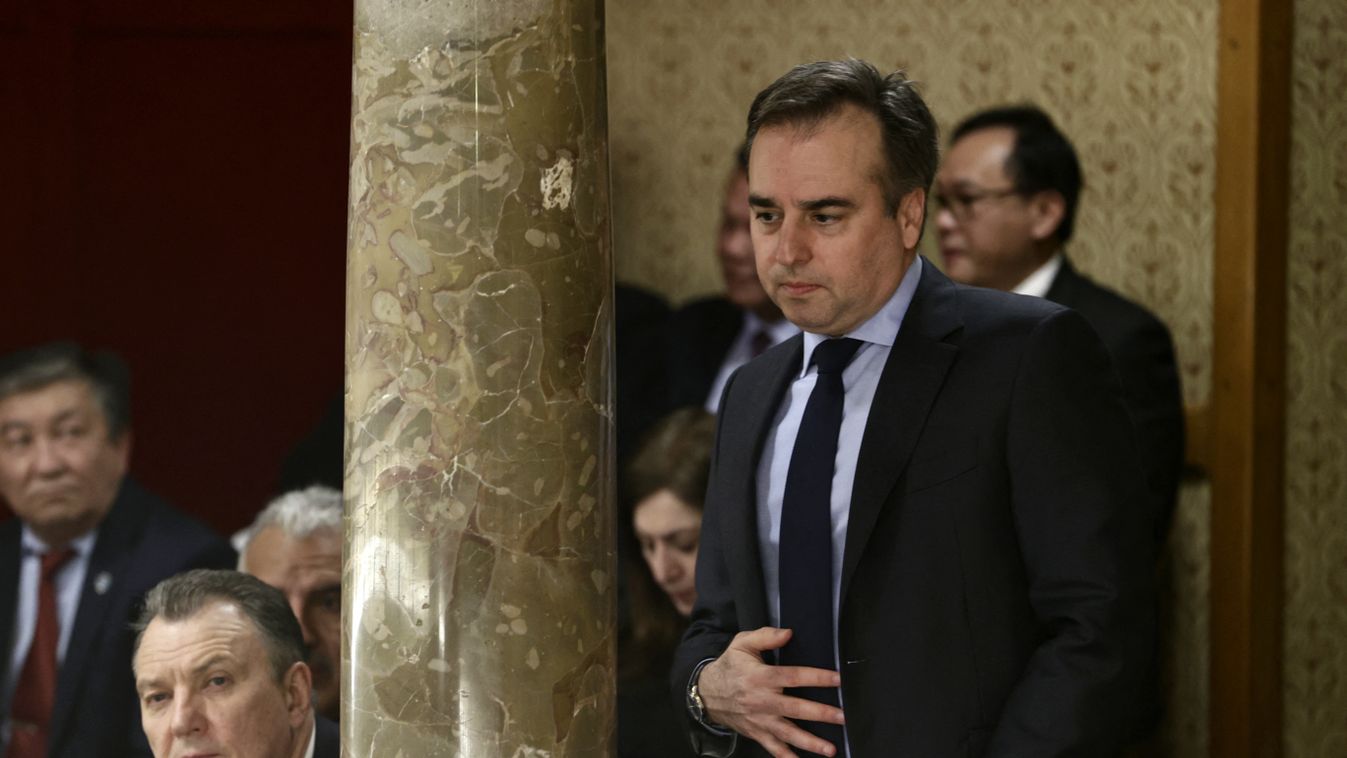
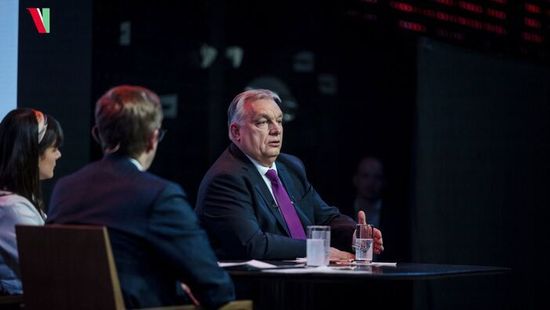
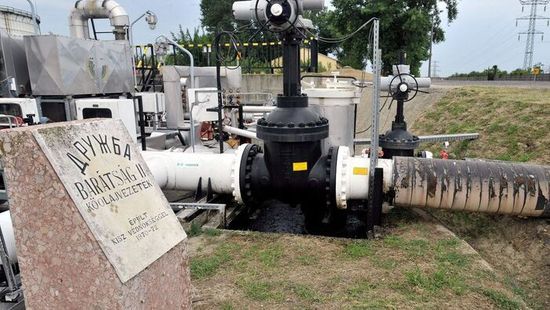

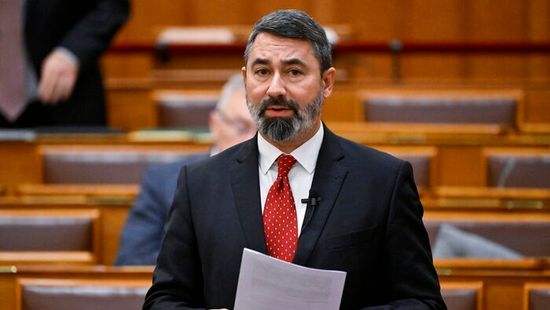


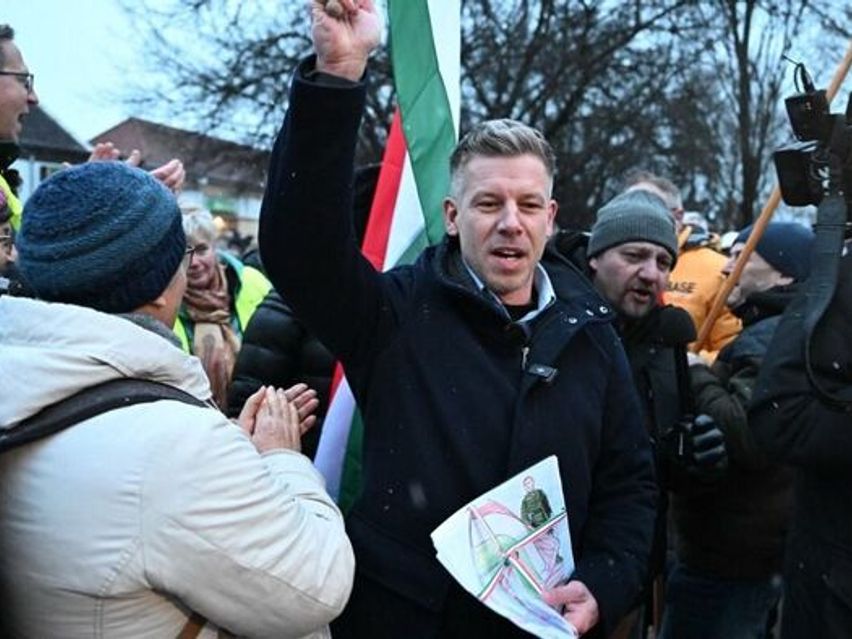
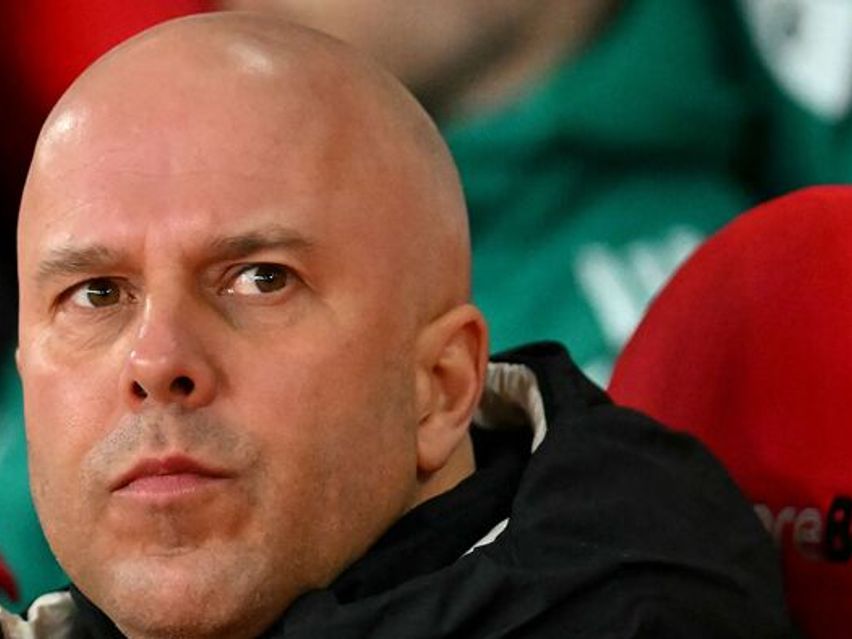
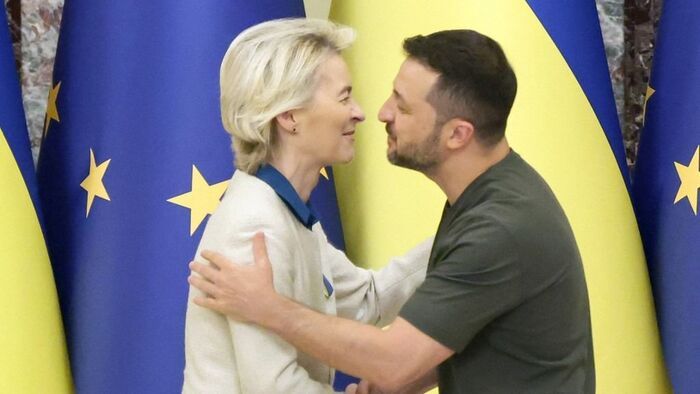

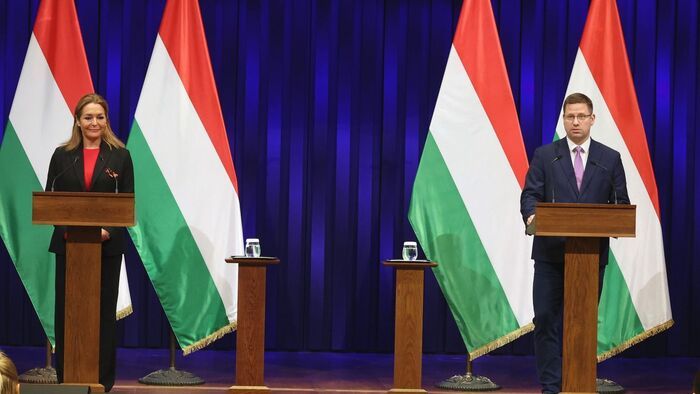

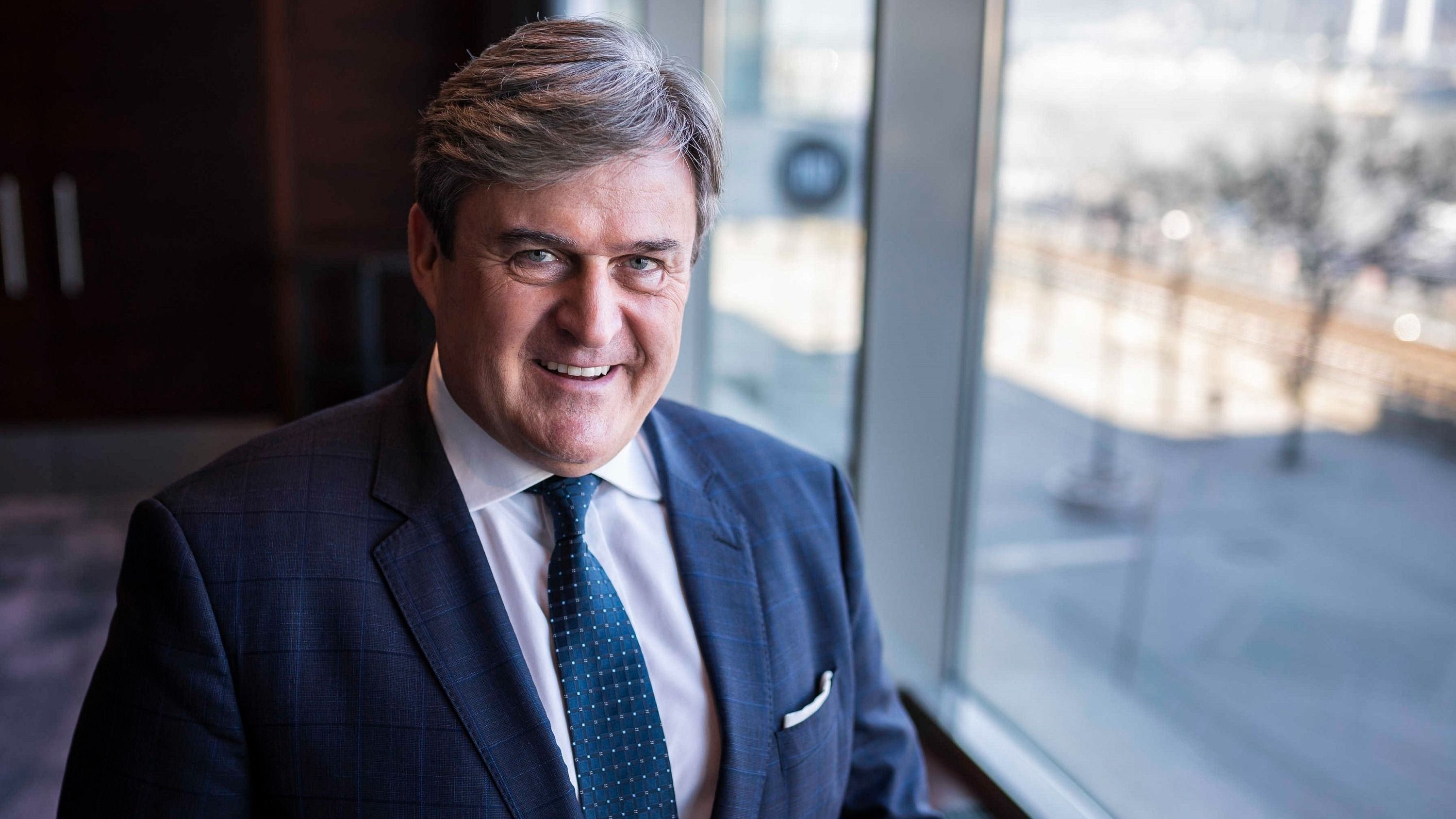
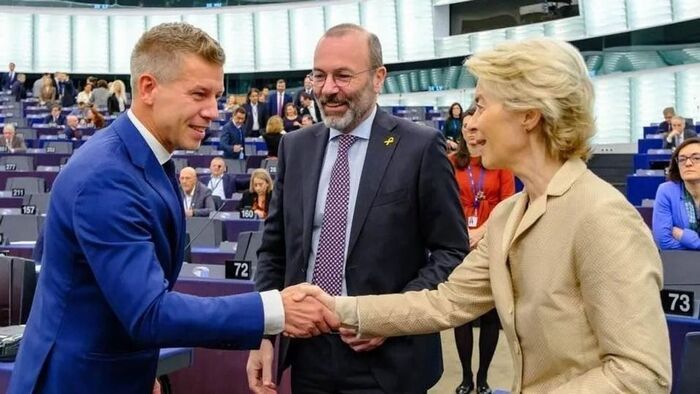
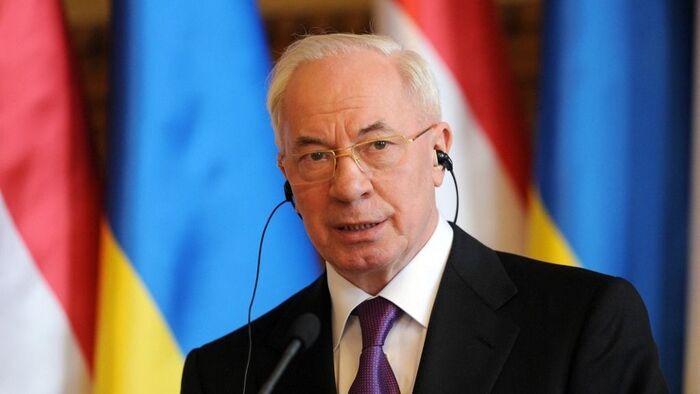
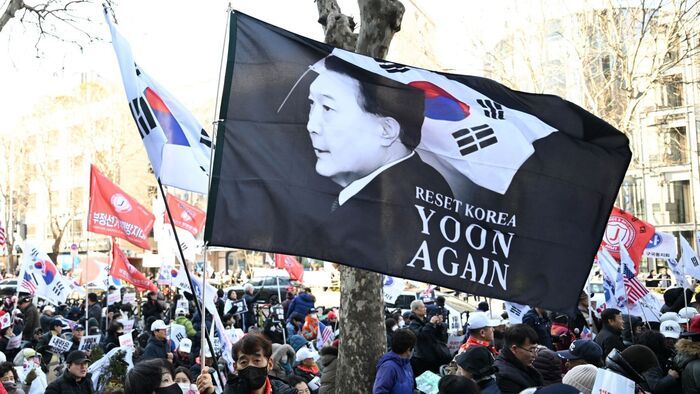
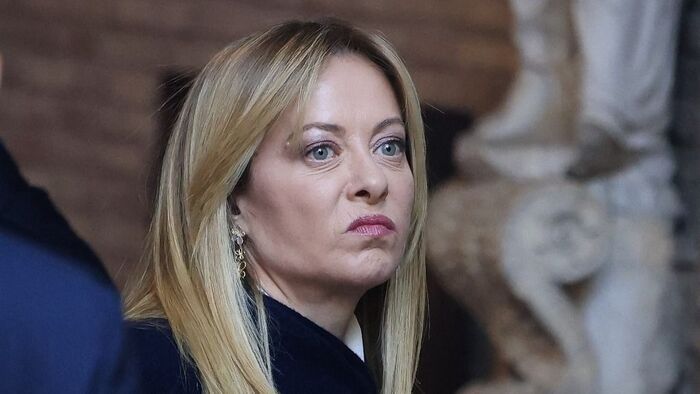




Szóljon hozzá!
Jelenleg csak a hozzászólások egy kis részét látja. Hozzászóláshoz és a további kommentek megtekintéséhez lépjen be, vagy regisztráljon!